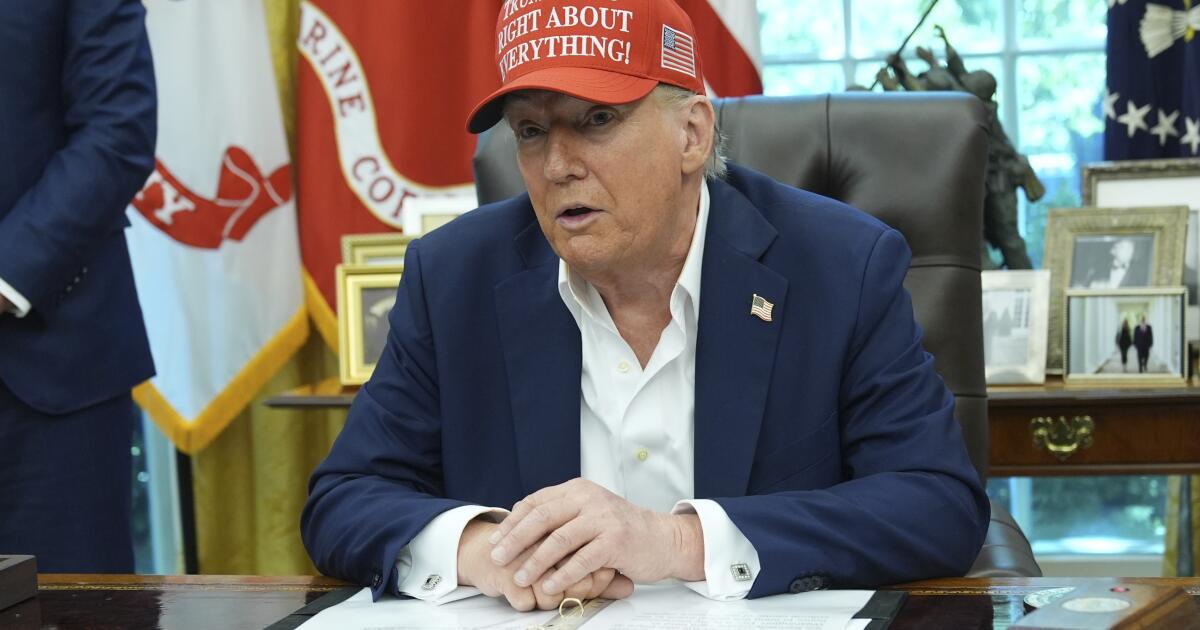Copyright scmp

Jo Min-su was working towards a computer science doctorate at one of South Korea’s best universities when he found his calling: building a better lip gloss. The 30-year-old sat near his booth at Seoul Beauty Week in August, pulled out a stick of his brand – named Blup – and gave his upper lip a dewy pink glow. “Nobody trusts a founder who doesn’t use his own product,” he said, smacking his lips. Jo is one of the tens of thousands of entrepreneurs looking to strike it rich from the seemingly insatiable global demand for beauty products from South Korea. Following in the slipstream of the superstars of K-pop, K-beauty has become a massive global business. Los Angeles fans of South Korean imports flocked to Kcon LA 2025 at the Los Angeles Convention Centre in the United States this year. At the music and cultural festival, they saw top K-pop idols and queued up for K-beauty at skincare booths. The three-day convention – which had more than 350 booths and attracted more than 100,000 visitors – was sponsored by South Korean health and beauty giant Olive Young, which plans to open its first US outlet in LA early next year. The secret of K-beauty’s success has been the alliance of big manufacturers and small entrepreneurs to develop and supply a steady stream of new products to consumers and the “skinfluencers” who help them lock in on the latest lotions. Popular for offering unique and affordable products – including sunscreens that do not leave white smears and double as moisturisers – South Korean cosmetics have dominated many social media feeds in recent years. Whether it is Kim Kardashian on Instagram or deals from Walmart or Target, consumers who care about cosmetics are getting constant updates on the ever-changing trends. That online buzz has catapulted South Korea’s cosmetics exports to more than US$10 billion. Last year, it dethroned France – home of beauty royalty brands such as L’Oréal and L’Occitane – as the biggest exporter of cosmetics to the US. Unlike South Korea’s other marquee exports, like semiconductors and automobiles, beauty product exports are largely backed by smaller companies. Two-thirds of last year’s cosmetics exports came from small and medium-sized firms like Blup, according to the Korea International Trade Association. What has emerged is the hope that anyone, with the right product and a little bit of luck, can make a fortune in K-beauty. Since 2013, the number of registered cosmetics sellers in the country has increased sevenfold, to over 27,000 last year. The K-beauty trend took off across the US during Covid-19 when people were locked at home, online, thinking about self-care and exploring alternatives to well-known brands, said Sarah Chung Park, founder and chief executive of Landing International, an LA-based company that connects K-beauty brands to American retailers. “Because of Covid, TikTok really boomed, and I think that was a way for people to discover K-beauty brands, and then those brands went on Amazon and converted that virality to sales,” she said. “Pretty much every Korean brand has capitalised on that.” Behind most of the budding brands are a handful of manufacturers such as Kolmar and Cosmax. The cosmetics manufacturers behind many of the latest brands are largely invisible to ordinary beauty consumers. Unlike other global players like L’Oréal or Estée Lauder, Cosmax has never sold directly under its own name, specialising almost entirely in research and original design manufacturing, or ODM. The company is a primary reason South Korean beauty start-ups have been able to take off so quickly, flooding global markets at a pace that competitors in other countries struggle to match. Cosmax accounted for around 26 per cent of all of South Korea’s cosmetics exports last year. It has a unique ability to develop and launch new products rapidly while still making money supplying even the smallest brands, said Lee Kyung-soo, the company’s 79-year-old chairman and founder. Few clients are too small for Lee, who has made sure that Cosmax will fill custom orders as small as 3,000 units. It creates billions of dollars a year in revenue for these companies, including Blup, a three-person lip gloss start-up. Korean beauty trends have been adopted as staples around the world, including BB creams, ampoules, face masks and pimple patches. Having big manufacturers like Cosmax do the heavy lifting allows many with little experience in cosmetics to join the K-beauty free-for-all. “Anyone can do it. The barrier to entry isn’t high at all,” said Lee Sun-young, the founder of fruit-based cosmetics start-up Kikiglow. “And the market is all about indie brands right now.” As little as US$20,000 in starting capital will get beauty entrepreneurs their first batch of products from a reputable cosmetics manufacturer in a matter of months. E-commerce platforms like TikTok Shop allow them to sell directly to global consumers. Fierce competition from the constant churn of new hot products and more affordable options from China and elsewhere makes it harder to stand out, succeed and retain customers. Meanwhile, the different tariffs coming out of the White House are making some cosmetic imports more expensive and less competitive in the US. “In the past, consumers would stick with a brand for 10 years or so and become extremely loyal,” said B.J. Lee, who runs Cosmax’s business in the US and is a son of the founder. “But with K-beauty, the ups and downs are extreme. New brands are coming out all the time, and people are constantly chasing the next exciting thing.”



